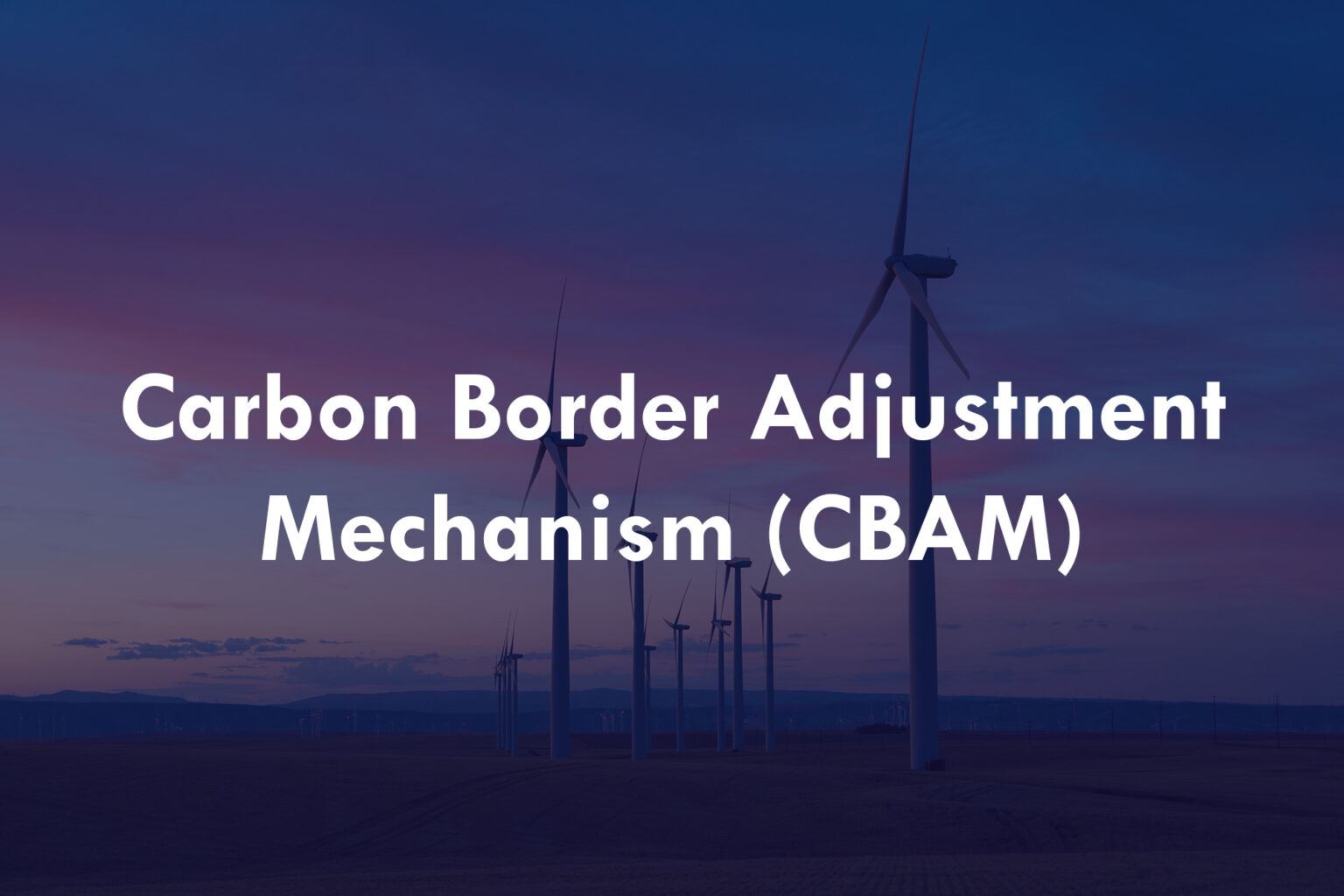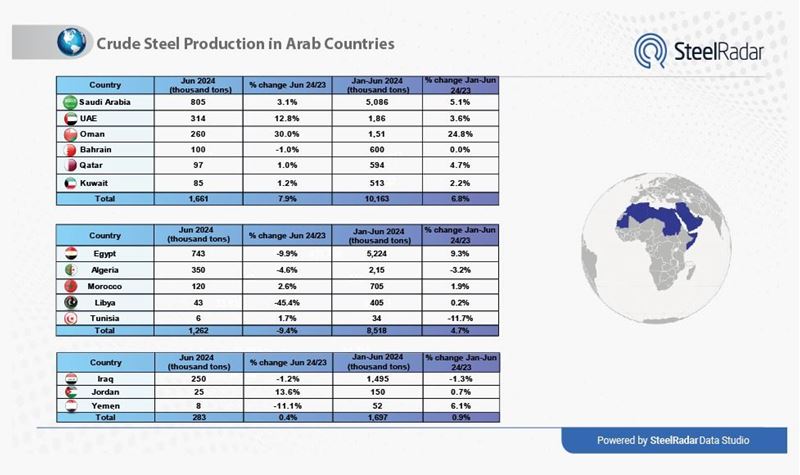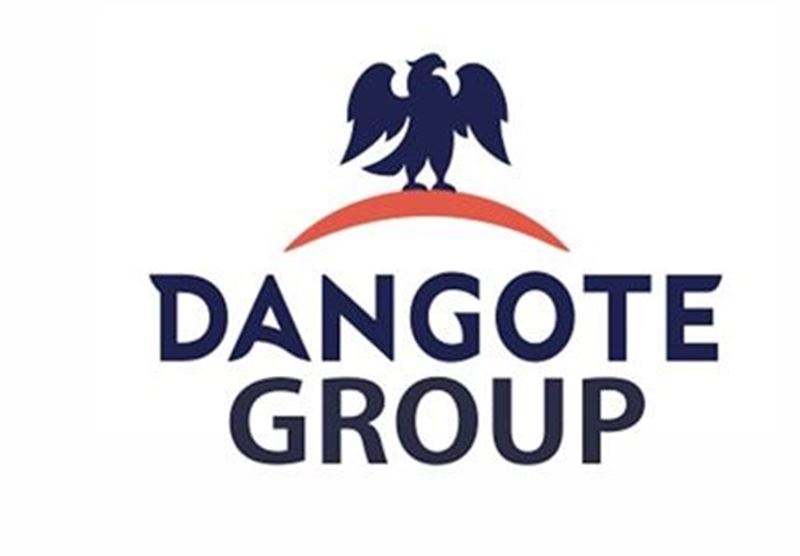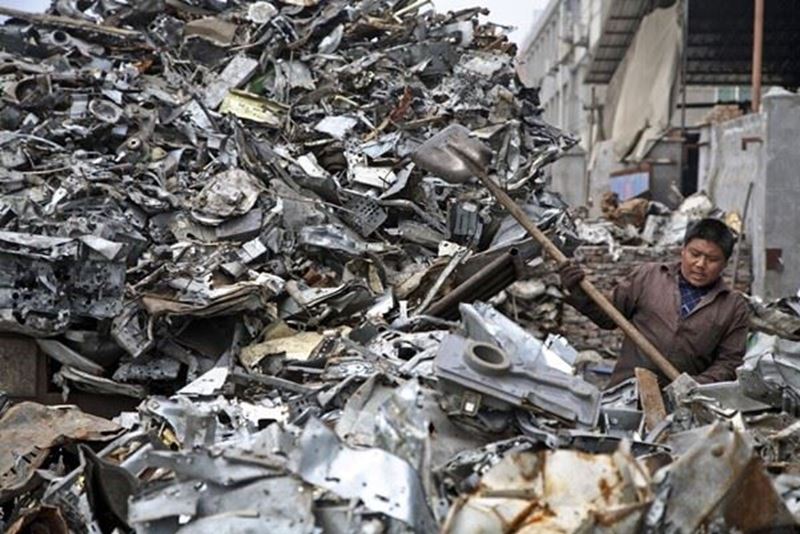CBAM is the EU's landmark instrument to tackle carbon leakage and one of the main pillars of the EU's 55 Adaptation Agenda.
CBAM will allow the price of carbon to be equalised between domestic products and imports. This will ensure that the EU's climate policies are not undermined by shifting production to countries with less ambitious green standards or by replacing EU products with more carbon-intensive imports.
In the transition phase, CBAM will only apply to imports of cement, iron and steel, aluminium, fertiliser, electricity and hydrogen. EU importers of these goods will have to report on the volume of their imports and the greenhouse gas (GHG) emissions generated during their production, but no financial adjustment will be paid at this stage. Importers will be asked to collect data for the fourth quarter of 2023, while they will have to submit their first report by 31 January 2024. In addition, a number of flexibilities have been included in the structure of CBAM for the first year of implementation, such as the use of default values for reporting embedded emissions and the possibility to use the monitoring, reporting and verification rules of the country of production.
The transition phase will serve as a learning period for all stakeholders (importers, producers and authorities). It will allow the European Commission to collect useful information on embedded emissions in order to improve the methodology for the definitive period starting in 2026. From this date, importers will be required to purchase and deliver a number of "CBAM certificates" corresponding to the number of greenhouse gases embedded in imported CBAM products.
To assist EU importers and non-EU installations in the practical implementation of the new rules, a new CBAM transition register will be available on 1 October to help importers make and report these calculations. The Commission will also gradually make available detailed written guidance, online training materials and webinars, sector-specific factsheets and a step-by-step checklist to support businesses as the transition mechanism begins. Reviews of the operation and product coverage of CBAM during the transition phase, as well as the feasibility of extending the scope of CBAM to other products produced in ETS sectors, will be finalised before the start of the final phase-in period.
More details on CBAM can be found here.











Comments
No comment yet.